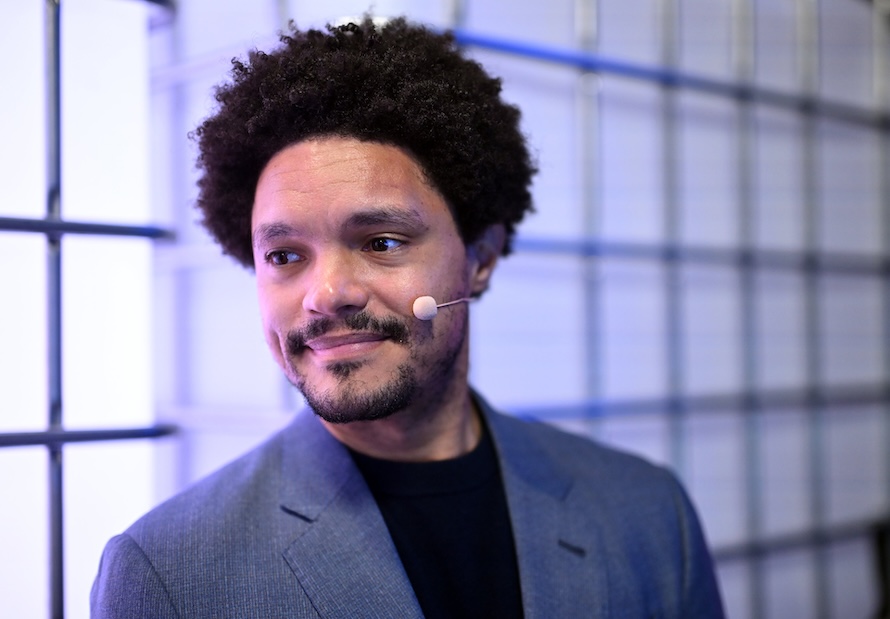RFK Jr. Refuses to Disclose to Senate Details of Two “Misconduct” Cases He Settled

On Friday, Robert F. Kennedy Jr., responding to written questions from Senate Democrats, revealed information about his personal history that was not yet part of the public record: He had settled at least one case in which he had been accused of “misconduct or inappropriate behavior.” Kennedy also acknowledged that he had been party to at least one non-disclosure agreement.
But in that reply Kennedy provided no details about these allegations. He only offered a one-word reply when asked if he had ever been accused in such a fashion: “Yes.”
Consequently, Senate Democrats followed up with another written query to Kennedy, the anti-vaxxer and conspiracy theorist who has been nominated by President Donald Trump to lead the Department of Health and Human Services. This was the request:
Please describe the nature of the financial settlements (including total
amounts) and non-disclosure agreements reached and what these agreements involved. Please also indicate how many of these settlements and non-disclosure agreements you have signed.
On Sunday, Kennedy submitted his response:
Twice, I have been targeted by frivolous, unfounded allegations, which I
strenuously denied at the time and continue to deny. I entered into confidentiality and non-disclosure agreements to prohibit these individuals from continuing to make these allegations.
This was not a full answer. The Senate Democrats had asked for the total amounts of the settlements, and Kennedy did not provide that information. Nor did this response indicate what “misconduct or inappropriate behavior” had been alleged.

In this reply, Kennedy stressed that he denied the allegations, whatever they had been. But how can senators assess his refutation?
During his confirmation hearing on Thursday before the Senate Committee on Health, Education, Labor, and Pensions, Sen. Patty Murray (D-Wash.), noting that “character matters,” asked Kennedy about the allegation from Eliza Cooney, who had been a babysitter for Kennedy’s family, that Kennedy had once groped her.
Murray noted that after the allegation became public in July Kennedy said he was “not a church boy… I have so many skeletons in my closet.” (He did not deny Cooney’s accusation.) Murray also pointed out that Kennedy had texted an apology to Cooney claiming he had no memory of the incident.
Kennedy shot back at Murray with a new position: “That story has been debunked.” Murray asked why then had he apologized to Cooney. Kennedy said, “I apologized to her for something else.”
But that was not how the text he sent to Cooney came across. It read, “I have no memory of this incident but I apologize sincerely for anything I ever did that made you feel uncomfortable or anything I did or said that offended you or hurt your feelings. I never intended you any harm. If I hurt you, it was inadvertent. I feel badly for doing so.”
At the hearing, Kennedy did not specify what the “something else” was for which he had apologized to Cooney.
Kennedy’s exchange with Murray might lead senators to question the validity of his denial of the accusations of inappropriate behavior that he fended off with confidentiality and non-disclosure agreements. What happened in these two cases remains a mystery.
After Kennedy initially disclosed the existence of these agreements, Senate Democrats did not raise a fuss about these accusations. With his nomination heading toward a committee vote and possibly a floor vote this upcoming week, it’s unclear whether the allegations of misconduct that Kennedy smothered will play any role in the fight over his confirmation. Kennedy’s stonewalling may well succeed.
Source: View source



